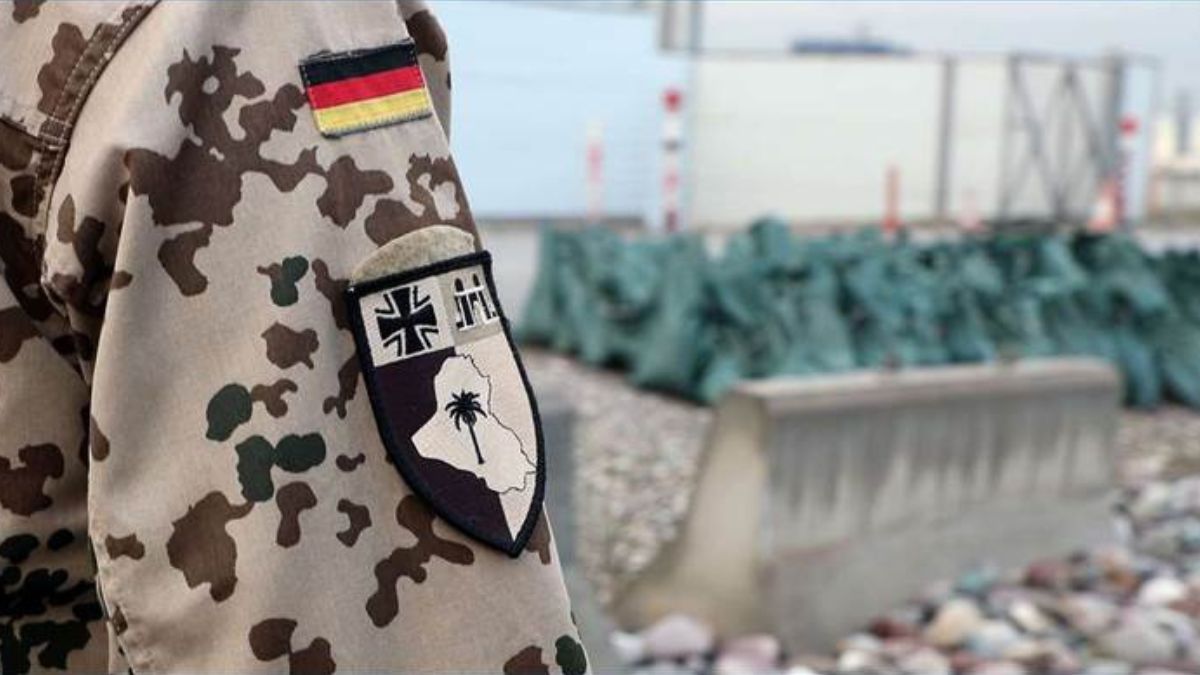On Wednesday, the German cabinet declared its decision to extend the country’s military mission in Iraq for an additional 15 months, pending parliamentary approval. This extension reflects Germany’s commitment to supporting Iraqi security forces in their ongoing fight against terrorism, particularly in the wake of the challenges posed by the resurgence of extremist groups.
Germany has been involved in the coalition efforts in Iraq since 2014, primarily focusing on training and supporting Iraqi troops as they combat the remnants of the Islamic State (IS). The current mission includes around 500 German soldiers, deployed mainly in the Kurdistan region, where they engage in training and advisory roles. The German government emphasizes that this extension is crucial for stabilizing the region and preventing a resurgence of IS and other terrorist entities.
Defence Minister Boris Pistorius stated that the situation in Iraq remains precarious, necessitating continued international support. “Our presence is vital not only for Iraq’s stability but also for the security of Europe as a whole,” he said, underscoring the interconnectedness of global security issues.
The decision comes amid increasing calls from various political factions within Germany to reassess the military’s role abroad. Some critics argue for a more stringent evaluation of the effectiveness of foreign missions, while proponents assert that maintaining a presence in Iraq is essential for regional stability.
As the government prepares to present the extension plan to parliament, discussions are expected to intensify regarding the broader implications of military involvement abroad. The parliament’s approval will determine the future of Germany’s military engagement in Iraq, as the government seeks to balance its commitments with domestic concerns about military involvement overseas.

